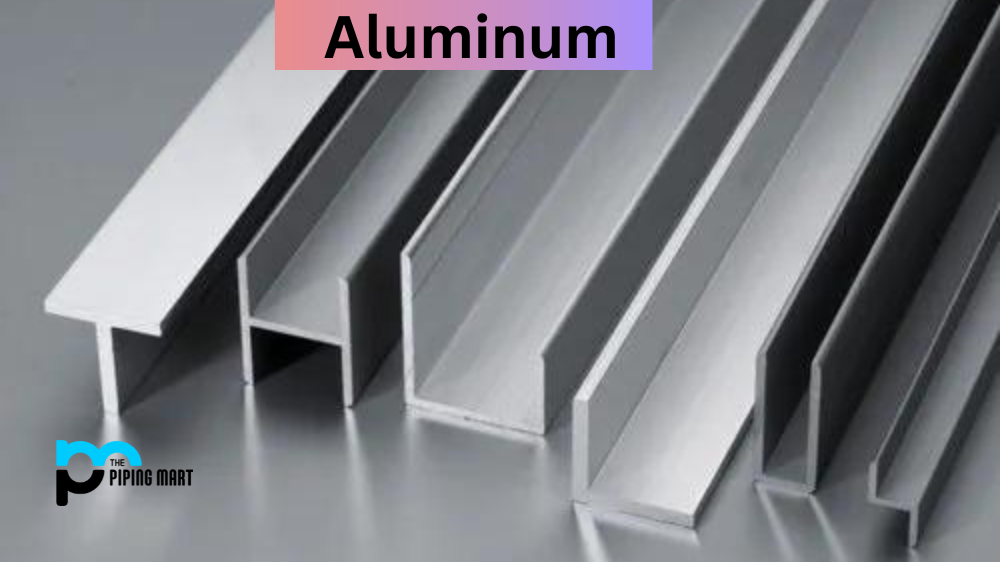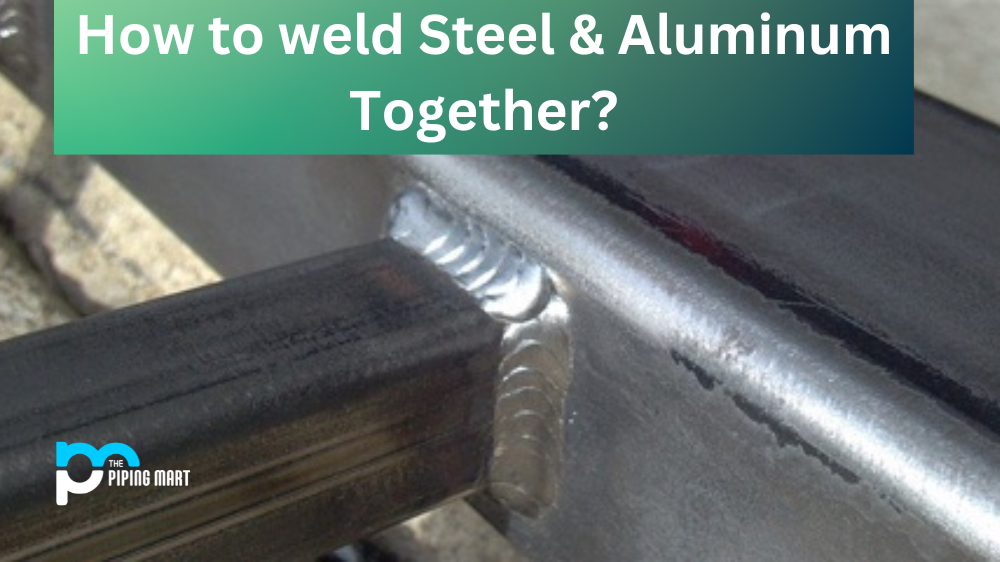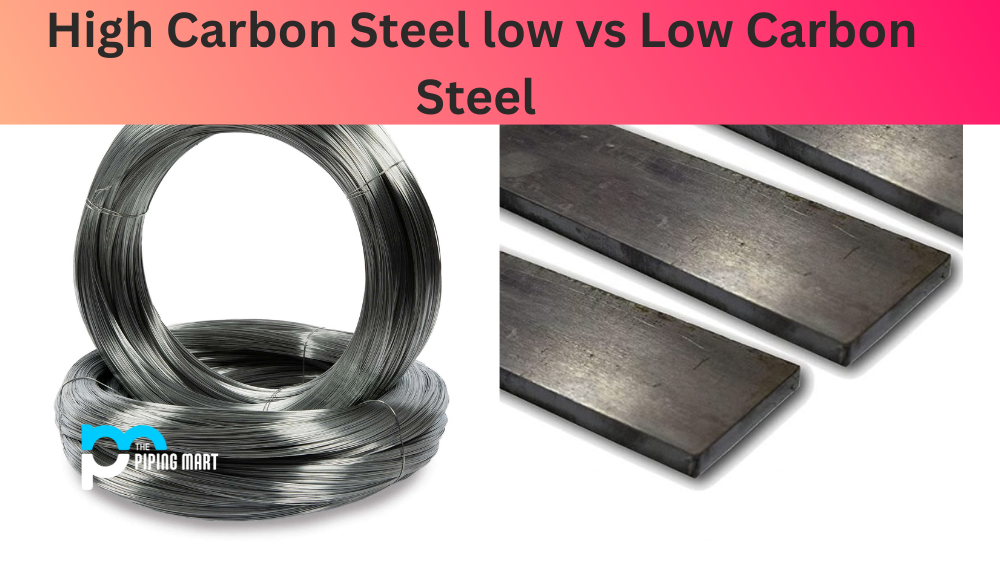Aluminum casting is an integral part of the manufacturing industry around the world. It enables manufacturers to quickly produce a wide range of parts for use in their products. But what exactly is aluminum casting? And what implications does it have for the global economy? Let’s take a closer look.
What Is Aluminum Casting?
In short, aluminum casting is a process that involves pouring molten aluminum into a mold to create parts or components that can be used in various applications. This process is ideal for producing small-to-medium-sized parts with high levels of detail. The molds are typically made from either sand or metal and are heated up to extreme temperatures before being filled with liquid aluminum. Once cooled, the part can be removed from the mold and used as desired.
Aluminum casting offers numerous benefits over traditional methods such as machining or plastic injection molding. For one thing, it eliminates many of the labor costs associated with those processes by allowing manufacturers to quickly create multiple parts in one go. Additionally, because aluminum has a low melting point, it cools down quickly and thus reduces lead times significantly. What’s more, this process results in very little waste material, as any excess material can easily be recycled and reused for future projects.
Types of Aluminum Casting
Die Casting
Die Casting is one technique used to make aluminum castings. The liquid aluminum is compressed through the steel bite of the material, or shape, by kicking the bucket Casting. That is done by tensioning the liquid metal. Casting move is commonly used when making a wide number of castings in aluminum. Exact aluminum casts which require negligible hardware measures can also be created with Casting pass.
Permanent type Casting
Permanent type Casting may also be used to produce castings of aluminum. This type of Casting just includes emptying the liquid aluminum into the shape. At times, a vacuum is additionally utilized in this procedure. Changeless shape Casting can make more grounded castings of aluminum than bite the Casting dust but it can be difficult to expel from the last item. Semi-lasting castings of molds are therefore accessible in addition. Such molds have reversible cores, rendering them simpler to remove and less costly.
Sand Casting
The final Casting process is Casting ground. Aluminum castings are made for Sand Casting by pressing an example onto a fine mix of sand. This structures a shape to be packed with liquid aluminum. This procedure is moderate however is commonly more efficient than different types of Casting. This is often appropriate to use where the castings of aluminum require multifaceted designs or where the castings of aluminum are incredibly wide.
Many products made of aluminum castings include automotive components, in particular transmission lodges and cylinders; aircraft segments; structures; and marine motors. Also, numerous little apparatuses, lawnmowers, and hand devices are produced using aluminum castings.
Advantages of Aluminum Castings
Castings Are Great for Producing Intricately Designed Parts
Probably the best motivation behind why a wide assortment of ventures and purchasers pick aluminum castings is the way that it permits the maker to deliver bite the dust cast parts that have complex structures. As it were, they can arrange tweaked castings that impeccably suit their creation needs.
The Production of Castings is Faster than Other Alloy Materials
Did you realize that with aluminum castings, you’ll have the option to create kick the bucket thrown segments quicker than you would with different sorts of composite materials? Since it permits you to make close net shapes, you can without much of a stretch kill the way toward machining to get your ideal outcomes. This infers with aluminum castings; you’ll have the option to create the completed parts a lot of sooner than you at first anticipated.
Castings are Very Affordable
On the off chance that you need to get top-quality metal items at a lot less expensive cost, pick aluminum castings. Since they require less machining, the unit cost is significantly lower contrasted with different other options.
Aluminum Alloy Castings are as Strong as Steel
Regardless of being weighing practically nothing; this sort of castings includes a similar quality as that of steel. On account of its boss metallurgical properties, aluminum castings display a further extent of weight snugness. Their quality bit of leeway is clear over sand castings and different alternatives.
Global Implications Of Aluminum Casting
The widespread use of aluminum casting has had a huge impact on the global economy over the past few decades. Not only has it allowed manufacturers to produce components faster and more efficiently than ever before, but it has also opened up new opportunities for businesses around the world that may not have had access to traditional manufacturing processes due to cost constraints or other factors. Furthermore, aluminum casting has enabled companies to reduce their reliance on cheap labor while still producing high-quality components at competitive prices – which ultimately leads to greater profits and higher customer satisfaction rates across various industries worldwide.
Conclusion:
Aluminum casting is an incredibly useful process that can benefit almost any manufacturer around the globe today. Not only does it allow businesses to produce components quicker than ever before, but it also drastically reduces labor costs while increasing efficiency and profitability across various industries worldwide. All in all, this makes aluminum casting an invaluable resource for businesses everywhere – no matter where they’re located!

A passionate metal industry expert and blogger. With over 5 years of experience in the field, Palak brings a wealth of knowledge and insight to her writing. Whether discussing the latest trends in the metal industry or sharing tips, she is dedicated to helping others succeed in the metal industry.




